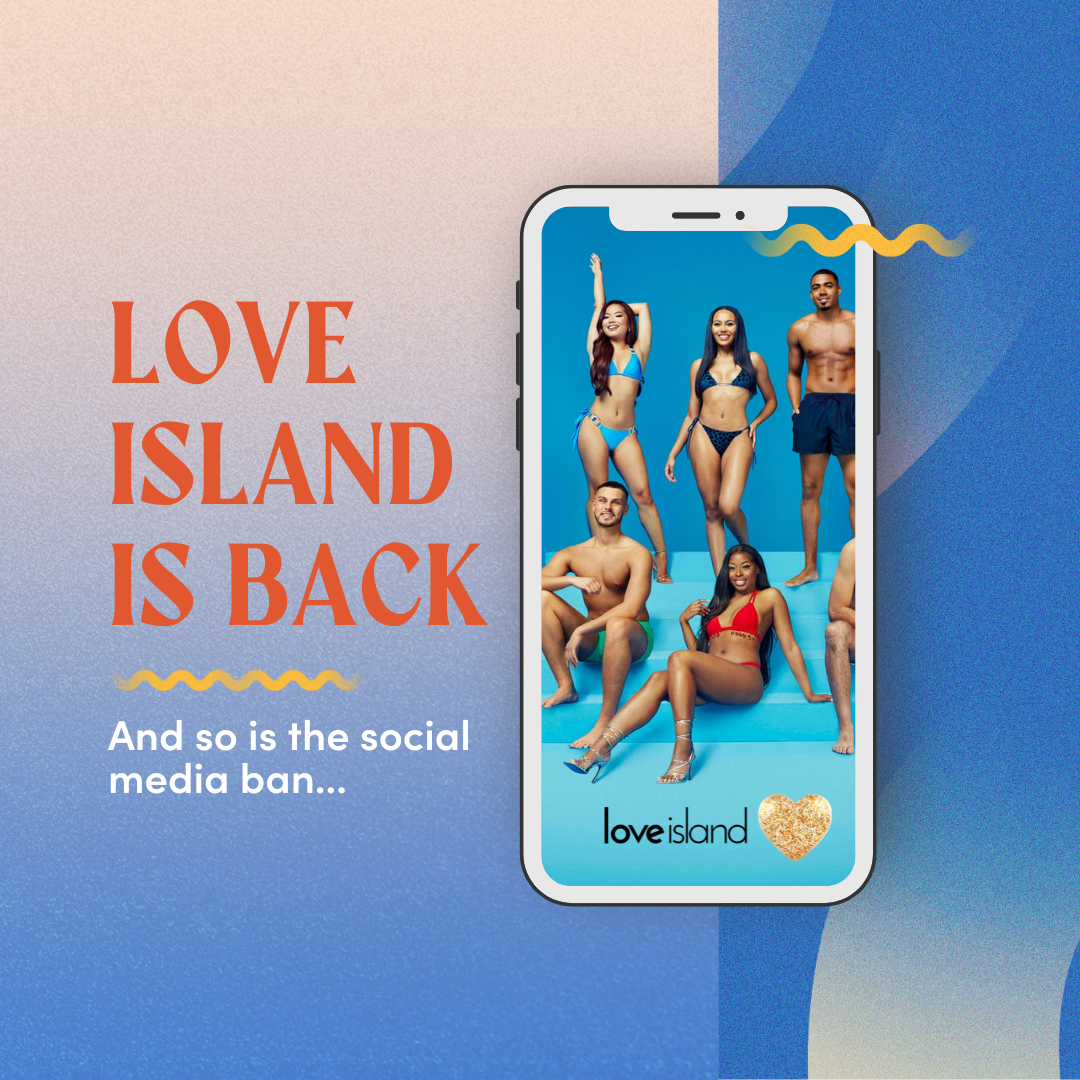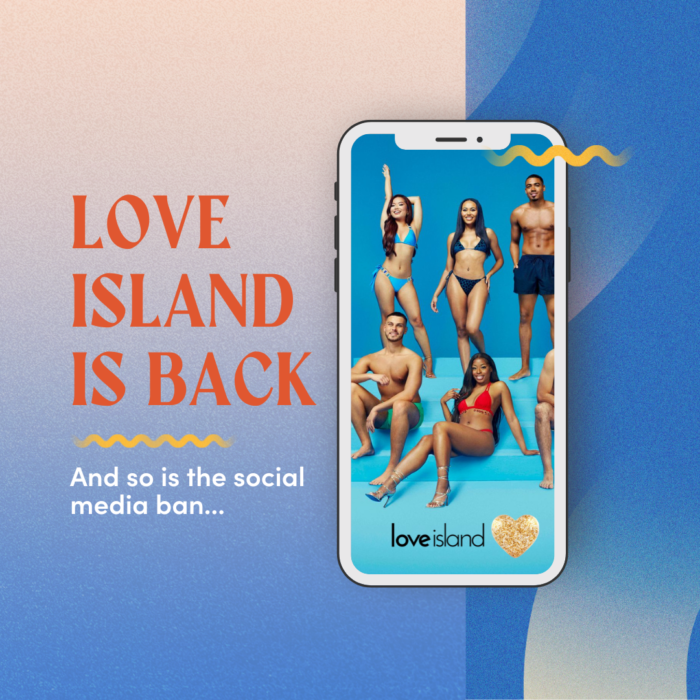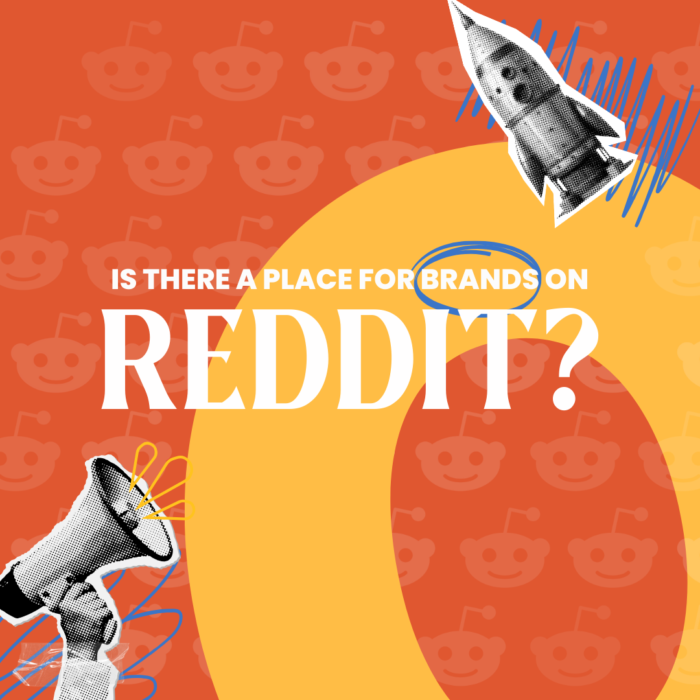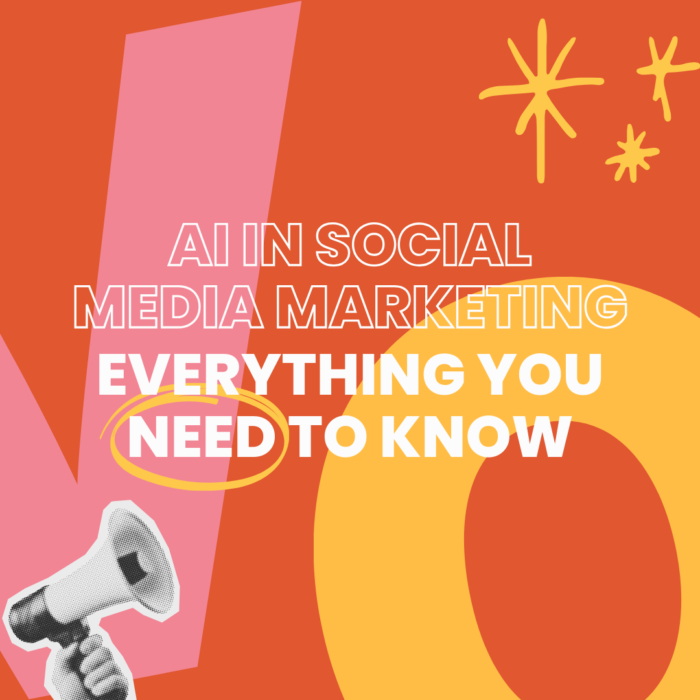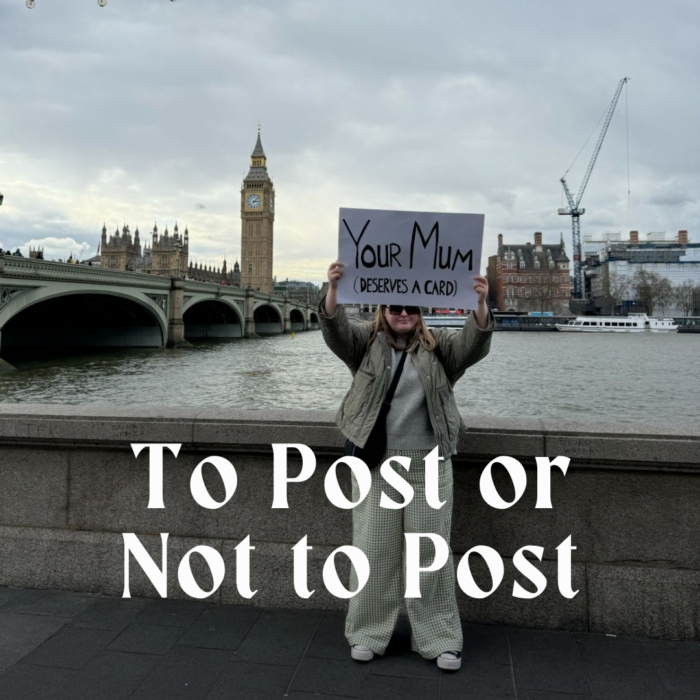In today’s digital age, social media has become an integral part of our lives, connecting us with people around the world and shaping the way we communicate. For reality TV contestants, like those on Love Island, the use of social media can be a gift, as well as a curse.
While social media platforms offer an avenue for Love Island contestants to build their personal brand and connect with fans, it also exposes them to the army of relentless online trolls that seem to crawl out of their digital cave for eight weeks.
Our aim is to explore all aspects of the social media ban and debate whether it’s ultimately a good or a bad thing.
The Pros of the Social Media Ban
- Protecting mental well-being
Participating in a reality TV show, like Love Island, can be an intense experience. Contestants are thrust into a high-pressure environment with constant scrutiny. By implementing a social media ban, the producers prioritise the mental wellbeing of the contestants.
Shielding them from harsh comments, negative feedback, and occasional death threats, on social media can help preserve their mental health. The ban doesn’t just protect the contestants either. It’s equally as important to protect their friends and family, who in the past would have run their accounts.
- Maintaining authenticity
Social media platforms often create a curated version of reality, encouraging contestants to present themselves in a certain way to gain viewers and followers. The ban ensures that contestants can focus on their relationships and personal growth within the show, rather than on the external pressures of increasing their social media presence. Although, it’s no secret that it’s the brand deals and exposure, that’s what the contestants really fall in love with, but it certainly takes the pressure off.
- Levelling the playing field
A social media ban can prevent contestants from gaining an unfair advantage based on their pre-existing online following. This allows the audience to form opinions on the contestants, based solely on their behaviour and interactions on the show, rather than being swayed by their pre-Love Island popularity. A lot of the islanders are already in the influencer world. Love Island is just a boost to take them to the next level, a bit like a social media game of Mario Kart… When you drive into the rocket, and it gets you to the finish line that bit quicker.
The Cons of the Social Media Ban
- Missed opportunities for growth
Social media can provide a platform for contestants to leverage their newfound fame and extend their careers beyond the show. By limiting contestants’ access to social media, they may miss out on potential endorsement deals, collaborations or opportunities to connect with their fan base. Since the ban, a lot of the big brands associated with Love Island have stopped signing people. Pretty Little Thing, who has previously signed Molly-Mae Hague and Gemma Owen from the show, didn’t sign any of the stars from last series. Insiders have reportedly claimed that up-and-coming influencers are being put off applying for the show for this reason.
- Limited fan engagement
Love Island has a dedicated fan base that loves to follow the contestants’ journeys even after the show ends. The social media ban hinders this interaction, as fans are unable to engage with their favourite contestants in real-time. This is leading to a loss of interest and engagement in the show over time. Love Island’s second winter series pulled in just 1.4 million viewers during the ITV2 dating show’s launch, which is the lowest viewer rating for the show’s launch in five years.
- Difficulty in managing public perception
Despite the ban, contestants’ actions on the show are still subject to public scrutiny. Without the ability to directly address controversies or misconceptions through social media, contestants may struggle to manage their public image effectively. This lack of control over their narrative can lead to misunderstandings and potential damage to their reputation.
Is the social media ban our type on paper?
The social media ban for Love Island contestants presents both advantages and disadvantages. While it aims to protect their mental wellbeing and maintain authenticity within the show, it may hinder their personal growth, limit fan engagement, and pose challenges in managing public perception.
Ultimately, whether the ban is a good or bad thing depends on the perspective of the contestants themselves and the long-term goals they have beyond the show. Striking a balance between the benefits and drawbacks of social media access is crucial in ensuring a positive experience for Love Island contestants in their quest for love and fame.


